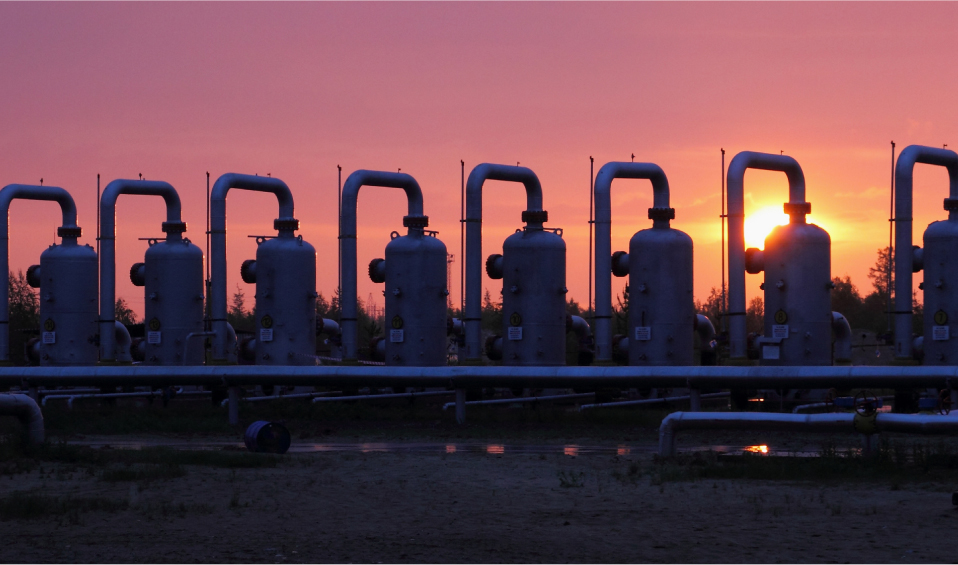
Thanks to ESCP Business School's Energy Management Centre wide network in the academic and business communities, our views on energy news give you comprehensive insight into energy issues.
Please join us...
Considering the increased complexity of energy projects as companies are entering a new technological era marking the end of "easy oil", there is a growing concern about the real preparedness of companies to deal with the new risks they are facing. The potential severity of those risks due to the important damages caused to the environment and their possible impact on populations explain this apprehension.
Though most energy companies have now put in place a risk management organisation and rigorous risk control systems, mostly to comply with new laws and regulations, the lessons drawn from the recent past indicate that it did not result in much improved safety performance [2]. In fact compliance is not enough; it does not guarantee that risks are effectively under control [3]. Most accidents are explained by transgression of safety rules and procedures, excessive risk taking or simply risk blindness. It demonstrates that risk management rules and procedures may exist but are not always taken seriously enough within organisations. Why is it so? Partly because efforts made in this domain are not reflected in the value of the company but rather have a negative impact on usual financial performance indicators.
A new era and an uncertain future
Few would go against the view that energy companies and policy makers are facing significant challenges as we enter a new era. The issues to be addressed are many: can we count on technological breakthroughs to cope with surging energy demand and at the same time handle the long term environmental constraints? What type of regulatory framework is most likely to provide the incentives for the necessary changes to take place? To what extent are nations ready to cooperate in addressing global energy challenges? Can we be assured that capital markets will provide the tremendous funds needed to develop energy infrastructures and improve energy efficiency?
Patrick Gougeon presents to the Industry and Parliament Trust (IPT) Energy Commission
Last week Prof. Patrick Gougeon gave a presentation at the Industry and Parliament Trust Energy Commission.
We are delighted to share Patrick's presentation and introduction here.
For more information on the Energy Commission's work, please visit http://www.ipt.org.uk/PolicyEvents/Energy.aspx
Franco-British Energy Conference
Meeting The UK Energy Challenges - Partners In Action
London, October 29 2013
Presentation by Dr. Patrick GOUGEON
ESCP Business School, UK Director
Franco-British Energy Conference
Meeting The UK Energy Challenges - Partners In Action
London, October 29 2013
Are investors running away?
With a barrel of oil worth about $30 today and no clear signal of rebound, whereas for most companies the break even price is above $50, the harsh reality for the oil and gas industry is well expressed by the following: “The longer you’ve got low oil prices, the more companies will have to focus on pure survival” [1]. In this context the generous oil major’s payouts seem a bit quirky. A recent survey [2] provides indications on the dividend policy of large oil and gas companies (table 1)




527 Finchley Road
London NW3 7BG
United Kingdom
Tel: +44 (0)20 7443 8800
Fax: +44 (0)20 7443 8845
E-mail: [email protected]










